![Bill Edmonds [Square]](/media/30047/bill-edmonds-square.jpg)
Bill Edmonds
Global Humanitarianism: Quaker Aid to Refugees from Nazism, 1938-1945
![Bill Edmonds [Square]](/media/30047/bill-edmonds-square.jpg)
Global Humanitarianism: Quaker Aid to Refugees from Nazism, 1938-1945

Fashion at Speed: Spectacular Histories of Fashion, Flying and Motorsport From the Twentieth Century Collections of Brooklands Museum 1907-1939

Can the Grenfell Tower fire constitute a State Crime?

The Micro-Histories of Rural Romano-Egyptian Households

The environmental context, agricultural potential and location choices of Roman Villae in Italy

Canguilhem, Ruyer and Simondon – A Philosophy of Life Sciences à la Française

Biography and Fashion Collections: Developing a dress-specific acquisition and cataloguing methodology using the Francis Golding Collections

“We must carry on”: The Jewish Relief Unit, Displaced Persons and Anglo-Jewish Humanitarianism in Postwar Europe

The Biopoiltics of Right-Wing Populism: The People, The Population and Racializing Assemblages
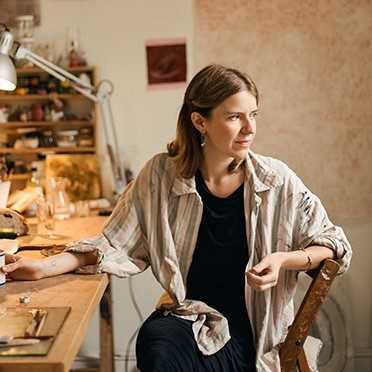
Collection to Source: Cosmology and Ethnobotanical belongings of the Northwest Amazon

The Role of Keats House in the Twenty-First Century Reception and Reputation of John Keats

Microhistories of the Holocaust and the Use of Family History: The Families Ganz / Brenzinger, c1871 - 1945

Archiving the Disaster: Preservation, Separation and Encounter

Resistance, Collaboration, and the Spaces in Between: the Internment of British Citizens in France, 1935-1955

Reconceptualizing the dispositif for genealogical approaches to biopolitics: on dispensability and interdependency
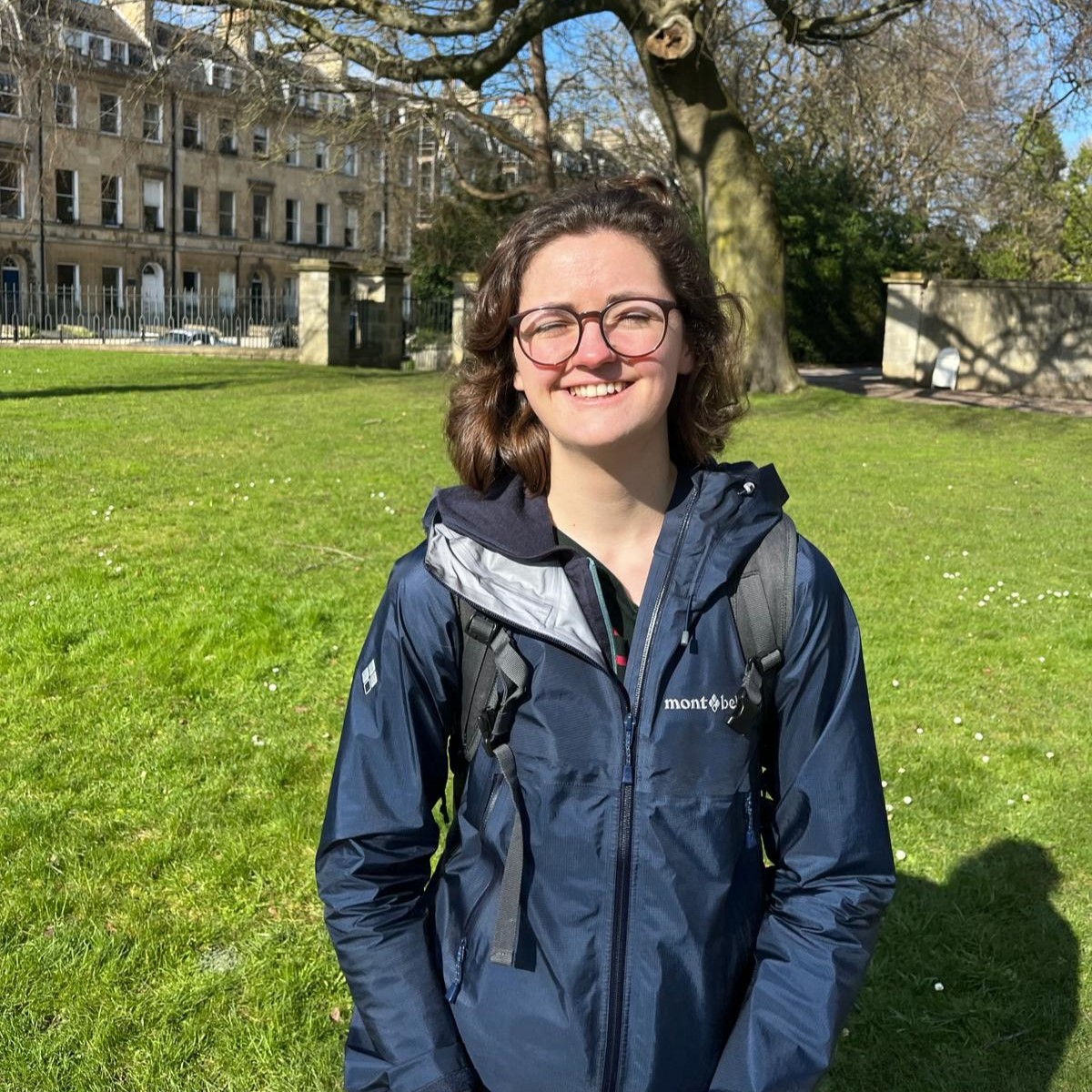
A Minor Autobiographical Tradition: Automemoir from Nineteenth-century France to Virtual Worlds’’

The making of a global arboretum: the case of the Royal Botanic Gardens, Kew

Who is the Subject of Intersectionality? Intersectional Feminism and Structuralist Philosophies of the Subject

The Socialist Being of a Thing: The Concepts of Object and Structure in Soviet Constructivism and Bruno Latour's Legacy

Instituent Power: Social Structure and Political Practice in Roberto Esposito and Cornelius Castoriadis

Refugee Art Dealers in London: New Artists, Networks and Approaches, 1933-1960

'Wonderful and Astonishing Occurrences’: The Miraculous and Wondrous in William of Newburgh’s Historia rerum Anglicarum

Pernicious Philanthropy: The legal and medical fetishisation of black female childhood
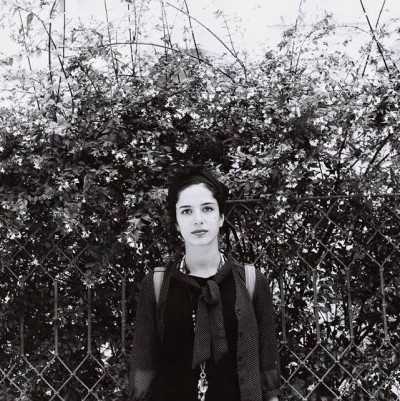
Modalities of the Absolute: Spinoza, Hegel, Marx
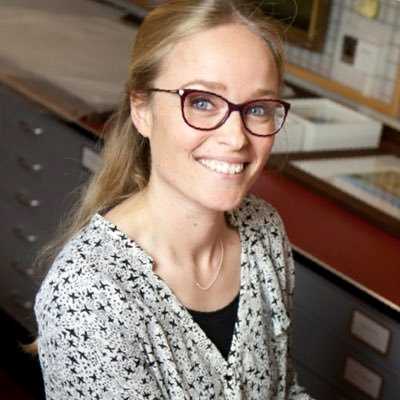
Healing women: Early modern women as healers in their own texts, practices and representations

Knowing ourselves as embodied beings: Trans-forming Heidegger, Irigaray against Derrida

Project: Overcoming the 'motherhood penalty': improving women's access to work in the UK

Problem-historical Nature and its Purposiveness

British board games and the ludic imagination: c.1860-1960

The 'Lost' Museum: The rise and fall of the British Empire in objects

A Design History of Technological Responses to Food Sustainability Challenges in the UK since 1970

The politics of memory in Alsace: Nationalisation and gender in the aftermath of the Second World War

Speaking Truth to Power: A History of Galop and the LGBTQ Community's Responses to Violence
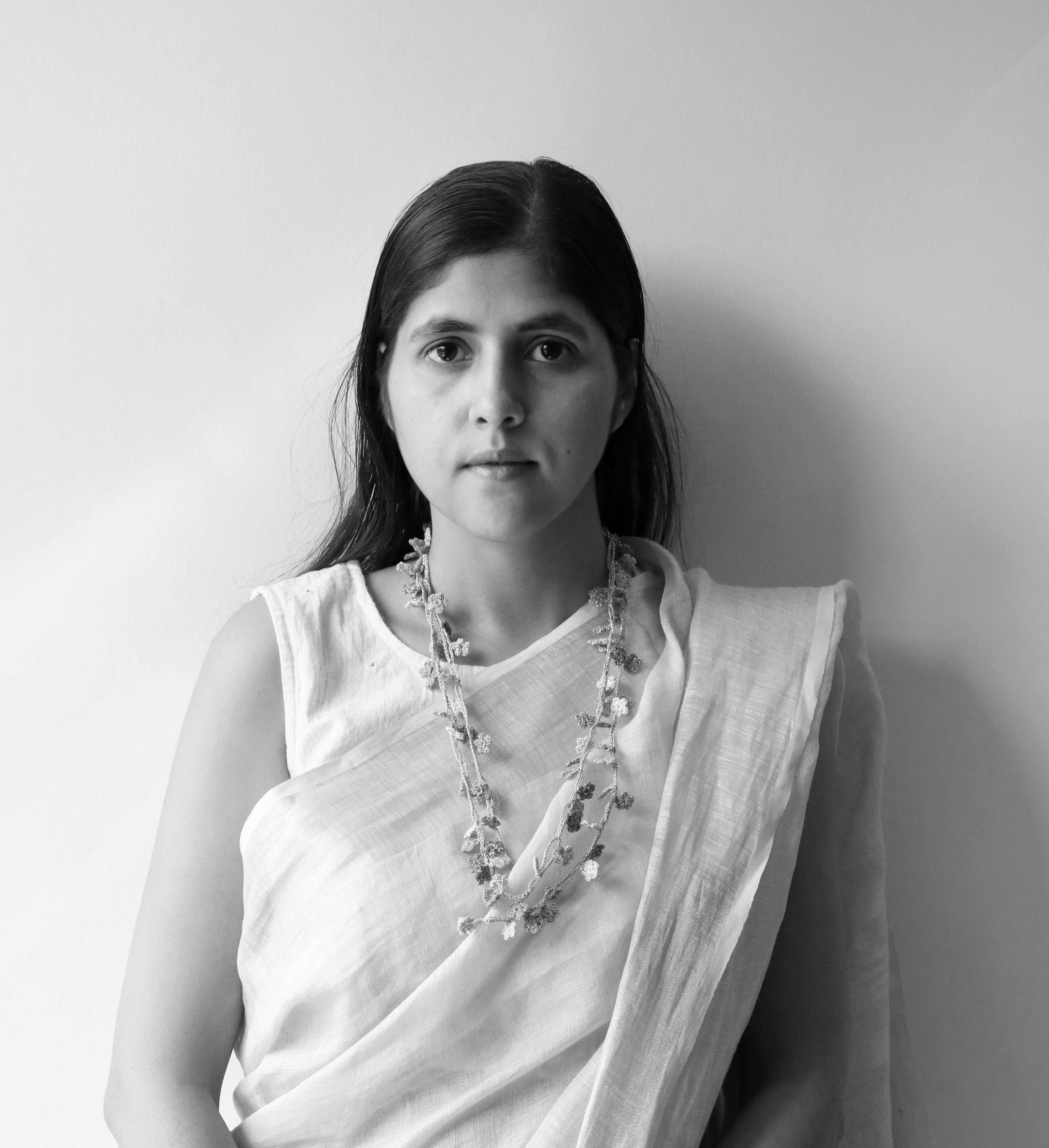
Cultures of Hand-knitting in North India: Provenance, Domesticity and Gendered Learning, c.1850-1980

Uncovering queer histories and dissonant sexualities in rural England, c.1800-1950

Towards a decolonized future examining the meaning of solidarity alliance in settler states

Acts of hospitality, the role of ‘guest’ and ‘host’ as art practice

Blithe Spirits: Absent British Women Couturiers – The Rahvis Sisters (1928 – 1981)

Rhythm Divisions: An exploration of methods for collecting and curating British Youth Culture Heritage: music, archive, memories (1950 - 2020)

The BBC and Northern Ireland: creating and accepting a shared history

Against Ecology: Law, Ethics, and Activism on a Dynamic Planet

Commemorating the Equal Franchise Act 1928
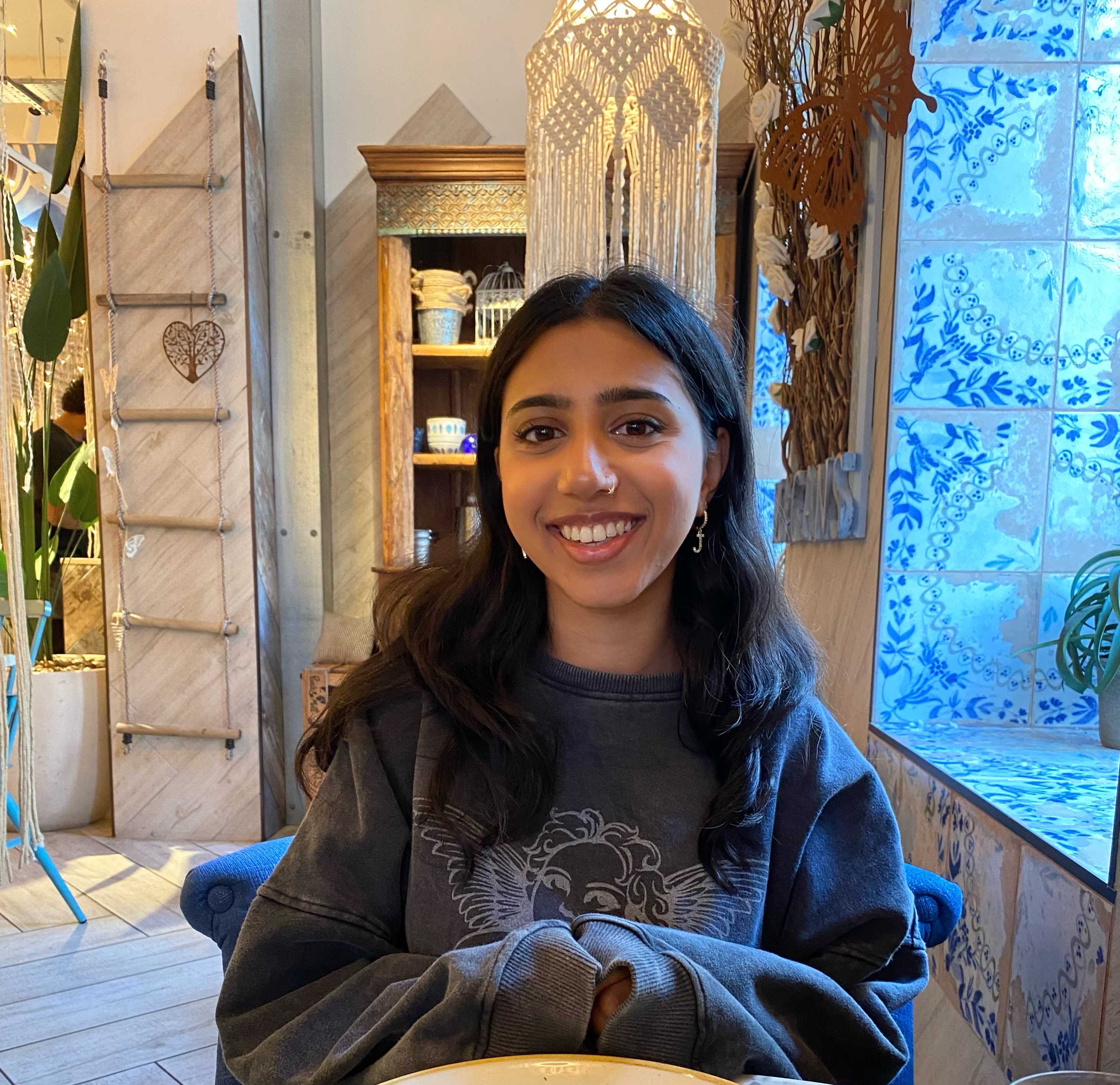
Home Away from Home: Exploring 'neighbourliness' and community identities among British South Asians, 1960 to 2017
![Emrys Travis [Square]](/media/30051/emrys-travis-square.jpg)
De/Constructing Identity: French, Italian, and British Gay Liberationism in the Long ‘68